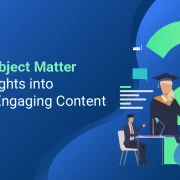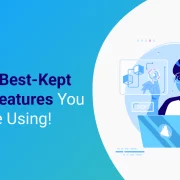The Experience API (xAPI), also known as Tin Can, represents a major advancement in learning technology. Building on SCORM’s foundation, this protocol facilitates data exchange between learning content and management systems, tracking a wide range of both online and offline learning activities. It redefines traditional tracking methods, offering enhanced flexibility and customization.
Q: What is xAPI?
A: It is a protocol designed to track and report on learning experiences that go beyond conventional e-learning courses. Also referred to as the Experience API or Tin Can, it captures a broader spectrum of learning events.
Q: How does it differ from other e-learning standards?
A: Unlike older standards that focus solely on online learning, this system records events from informal activities and performance support tools, providing a more comprehensive view than standards like SCORM.
Q: How does the technology work?
A: It employs a statement structure—consisting of an actor, verb, and object (for example, “John completed a safety training module”)—to record experiences. These statements are stored in a Learning Record Store (LRS) for access and analysis.
Q: What are the benefits of this approach?
A: By tracking diverse learning activities, organizations gain deeper insights into how learners interact with content and perform in real-world scenarios, ultimately enhancing training effectiveness.
Q: What types of learning experiences can be recorded?
A: The protocol supports a variety of formats including online courses, simulations, games, mobile learning apps, social learning events, on-the-job training, and performance support tools.
Q: How can organizations implement this protocol?
A: Integration is typically achieved through learning management systems, authoring tools, or dedicated Learning Record Stores. Collaborating with experienced vendors can help ensure successful deployment and adherence to best practices.




